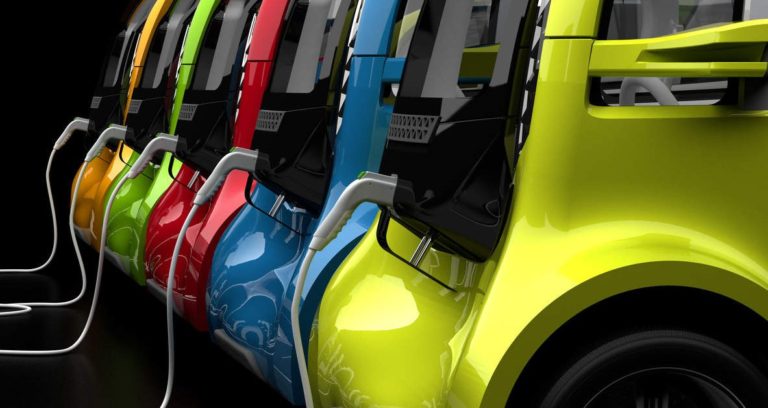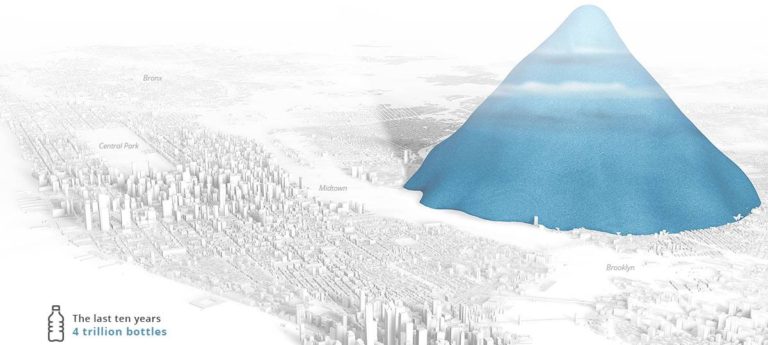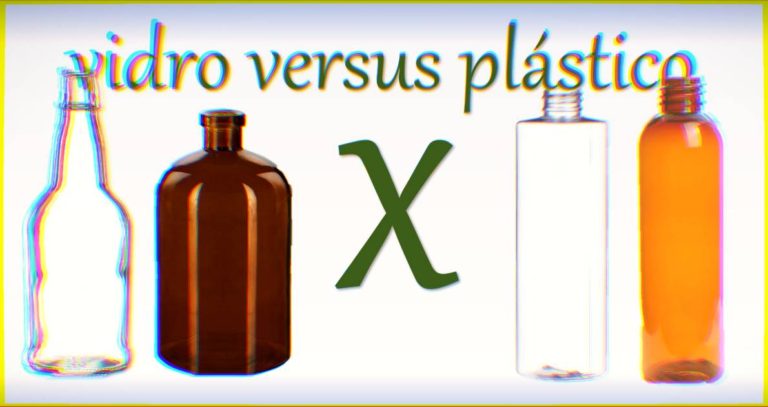Recycling is one of the most important strategies for combating the growing waste crisis affecting major urban centers around the world. In London, an innovative campaign is gaining traction by encouraging residents to make small changes to their everyday recycling behavior. The “Recycle Just One More Thing” campaign (#JustOneThing) aims to increase the percentage of waste recycled in the city from 42% to 50% by 2020. In this post, we’ll explore how this campaign is impacting the city, the importance of recycling, and what you can do to help the environment.

The “Recycle Just One More Thing” Campaign
London faces the challenge of managing millions of tonnes of waste generated by its residents each year. In 2014, London households produced around 3 million tons of waste, which put great pressure on waste collection and disposal systems. It was in this scenario that the campaign emerged Recycle just one more little thing, a simple but powerful initiative, created to raise awareness among the population about the importance of correctly disposing of their waste for recycling.
The central idea of the campaign is to encourage each person to recycle just one additional item per week. This may not seem like much, but considering the huge number of people living in London, this small change has the potential to make a significant impact. Recycle just one more little thing It is a friendly and accessible approach, focused on making the habit of recycling something more practical and common in people's daily lives.
The Impact of Recycling: Wembley and Sustainable Energy
One of the most interesting statistics from the campaign concerns the famous Wembley Stadium, an icon of world sport. recycling Just one extra plastic bottle per week for every Londoner would be enough to generate enough energy to keep Wembley Stadium running for two whole years. This data highlights the enormous energy potential that can be extracted from materials that would otherwise be discarded inappropriately.
This makes us think about the energy we waste every day by not recycling common items like plastic bottles, aluminum cans, and paper. recycling Efficient not only reduces environmental impact, but can also be transformed into an important sustainable energy source, benefiting cities like London.
Why Recycling Makes a Difference?
A recycling plays a crucial role in reducing the volume of waste sent to landfills and incinerators, which are major contributors to environmental pollution and climate change. Every recycled item helps reduce the need for new materials to be produced, which in turn reduces the consumption of natural resources and the emission of greenhouse gases.
Furthermore, recycle is a way to save energy. Producing new products from recycled materials uses much less energy than producing completely new items. For example, making a recycled aluminum can requires 95% less energy than producing a new one from virgin raw materials. Therefore, by recycle just one more thing, you not only help reduce the amount of waste, but you also contribute to preserving resources and saving energy.
Overcoming the Confusion About What Can Be Recycled
One of the biggest barriers to recycling is the confusion about what can and cannot be recycled. Many people do not know how to properly separate their waste, which leads to a lower recycling rate than expected. The “Recycle Just One More Thing” campaign also addresses this issue by providing clear and accessible information about the types of materials that can be recycled.
According to Marcus Gover, member of the Resource London, many Londoners are still confused about what can be recycled, and clear, common messaging across the city could make a difference. Separating waste correctly is key to ensuring that materials reach the right recycling centres and can be turned into new products.
Common materials that can be recycled include:
- Paper and cardboard (newspapers, cereal boxes, envelopes)
- Glass (bottles, jars)
- Plastics (water bottles, cleaning product packaging)
- Metals (aluminum cans, bottle caps)
- Textiles (used clothes, fabrics)
By better understanding what can be recycled, each person can become more actively involved in the process and ensure their efforts are effective.
The Future of Recycling in Big Cities
Population growth and increased consumption of goods mean that large cities like London will continue to produce large amounts of waste. It is therefore essential that waste management campaigns recycling evolve and adapt to the reality of these densely populated urban areas. The concept of “Recycle just one more thing” is an excellent way to introduce the recycling in people's daily lives in a practical and incremental way, but there are other ways to expand these efforts in the future.
Some ideas include:
- Installation of recycling collection points in strategic locations, such as subway stations and shopping areas.
- Educational programs in schools and workplaces to inform people about the importance of recycle and about materials suitable for recycling.
- Financial incentives, such as discounts on electricity bills or tax benefits for those who recycle regularly.
These initiatives can complement campaigns like the one in London and help create a culture of recycling en masse, not only in the English capital, but in large urban centers around the world.
How You Can Contribute: Simple Tips to Recycle More
You don’t have to live in London to apply the principles of the “Recycle Just One More Thing” campaign to your daily life. There are many ways to increase the amount of waste you recycle each week, and every little bit counts. Here are some simple tips to get you started:
- Adopt waste separation at home: Make it a habit to separate your recyclable waste (such as paper, plastic, and glass) from your regular trash. Keep specific containers to make it easier to separate.
- Find out about local recycling rules: Recycling rules can vary from city to city. Check which materials are accepted by your local waste collection service and follow their guidelines accordingly.
- Reuse whenever possible: Before you throw something away, ask yourself if it can be reused. Glass jars, for example, can be used as storage containers around the home.
- Bring reusable bags when shopping: Avoid using disposable plastic bags and opt for reusable options that can be used multiple times.
- Recycle electronics and batteries: Many electronic devices, such as old cell phones and computers, can be recycled at specialized centers. Do not throw these items in the regular trash.
Each of these actions contributes to increasing the amount of recycled waste and helps create a positive impact on the environment.
Conclusion: The Power of Recycling Just One More Thing
The “Recycle Just One More Thing” campaign shows how small actions can turn into big changes. By encouraging people to recycle By doing one extra item a week, London is proving that it is possible to increase recycling rates in an effective and affordable way. This initiative is an example of how environmental awareness can be incorporated into people’s daily lives, generating positive results for the planet.
Now, it's time to do your part. Recycle just one more little thing and help transform your city into a more sustainable place.
Check out other interesting facts about recycling clicking here.
Learn how to make art by recycling, Click here.




An example that should be followed by all countries. We, artisans who work with recycling, are very happy to learn about campaigns of this type. #Congratulations